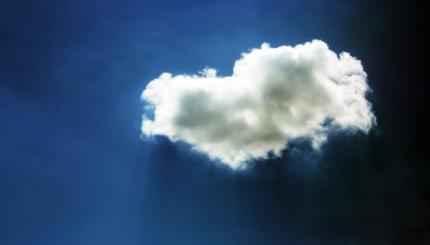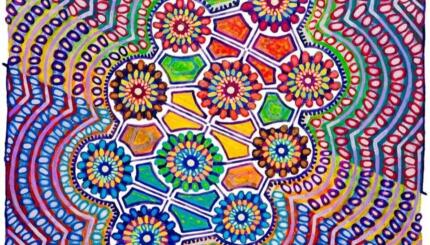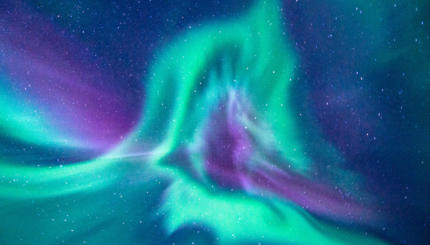Beliefs & Practices
Jewish Tradition and the Lifecycle
Jewish lifecycle rituals reflect a communal orientation, the democratic nature of traditions, the relationship between the biological and the social, and the inevitability of evolution and change.
Creation Mysticism: Fashioning the World From Letters
An early group of Jewish mystics conceived of the Hebrew alphabet as the building blocks of creation.
Radical Theology: Confronting the Crises of Modernity
The findings of modern science and the tragedy of the Holocaust led some Jewish thinkers to redefine God.
Monotheism
Scholars debate whether the Israelites recognized only one God or worshipped only one God.
Berkovits & Cohen: The Free Will Defense
The deviant use of human freedom, not God, is the source of evil and suffering.
The Holocaust as Revelation: Fackenheim & Greenberg
According to some thinkers, the events of the Nazi era initiated changes in the nature of Judaism.
The Personal is Communal
Events in the "calendar" of the lifecycle are private, yet connect us to the "unseen presences" of missing family members and our entire people throughout history.
What Are the Sefirot?
In Jewish Kabbalah, ten "emanations" of God make it possible for the divine to interact with the world.
The Kabbalistic Conception of God
The medieval mystics made a distinction between the infinite, unknowable God and God's revealed aspects.
God the Creator
Unlike the creation stories of other Near Eastern cultures, the biblical creation story is not concerned with God's origins.



